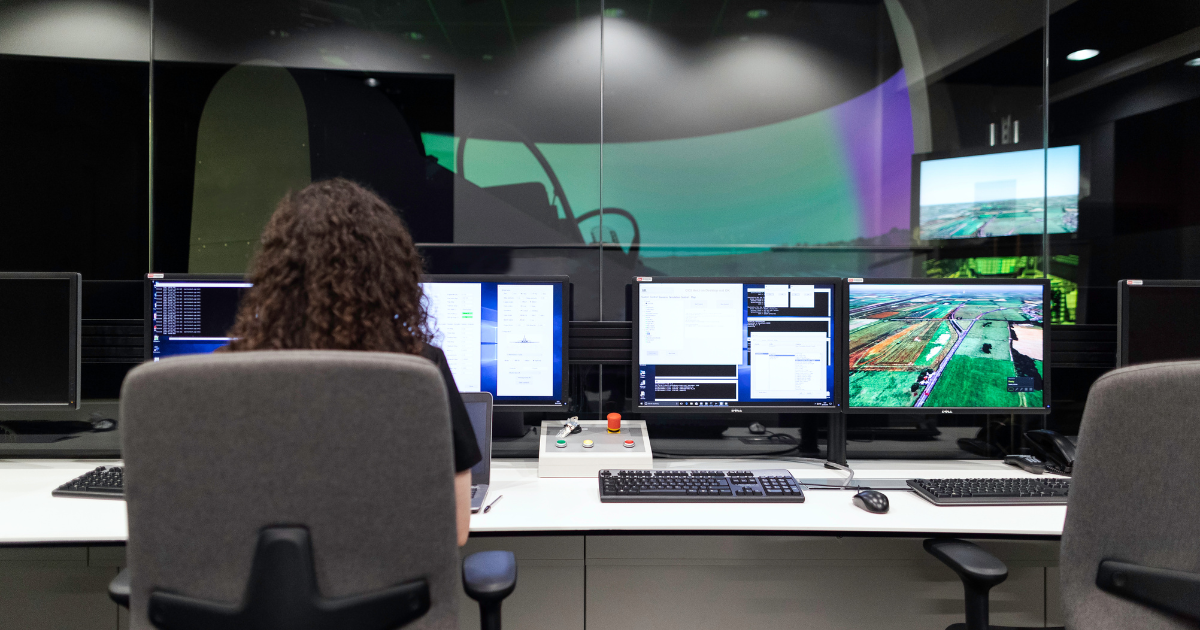Remote working has become increasingly popular recently, and this trend has also affected QA teams. Remote working for QA teams can bring many benefits, such as increased flexibility, reduced costs, and the ability to work with a global team. However, remote working also poses some challenges that QA teams must be aware of and address.
One of the main challenges of remote working for QA teams is communication. Remote teams often find communication difficult, leading to delays, misunderstandings, and errors. To overcome this challenge, QA teams must establish clear communication channels and protocols and ensure everyone is on the same page.
Another challenge of remote working for QA teams is collaboration. Remote teams often find it difficult to work together effectively, leading to delays, misunderstandings, and errors. To overcome this challenge, QA teams must establish clear collaboration tools and protocols and ensure everyone is on the same page.
Another challenge of remote working for QA teams is the lack of face-to-face interaction. Remote teams often find it difficult to build relationships and trust, leading to delays, misunderstandings, and errors. To overcome this challenge, QA teams need to establish virtual team-building activities and ensure everyone is on the same page.
Despite these challenges, remote working for QA teams can bring many benefits. One of the main benefits of remote working is increased flexibility, which can help QA teams to work more efficiently and effectively. Remote working also reduces costs, as QA teams can work from anywhere, and it allows for a global team, which can bring a diverse



